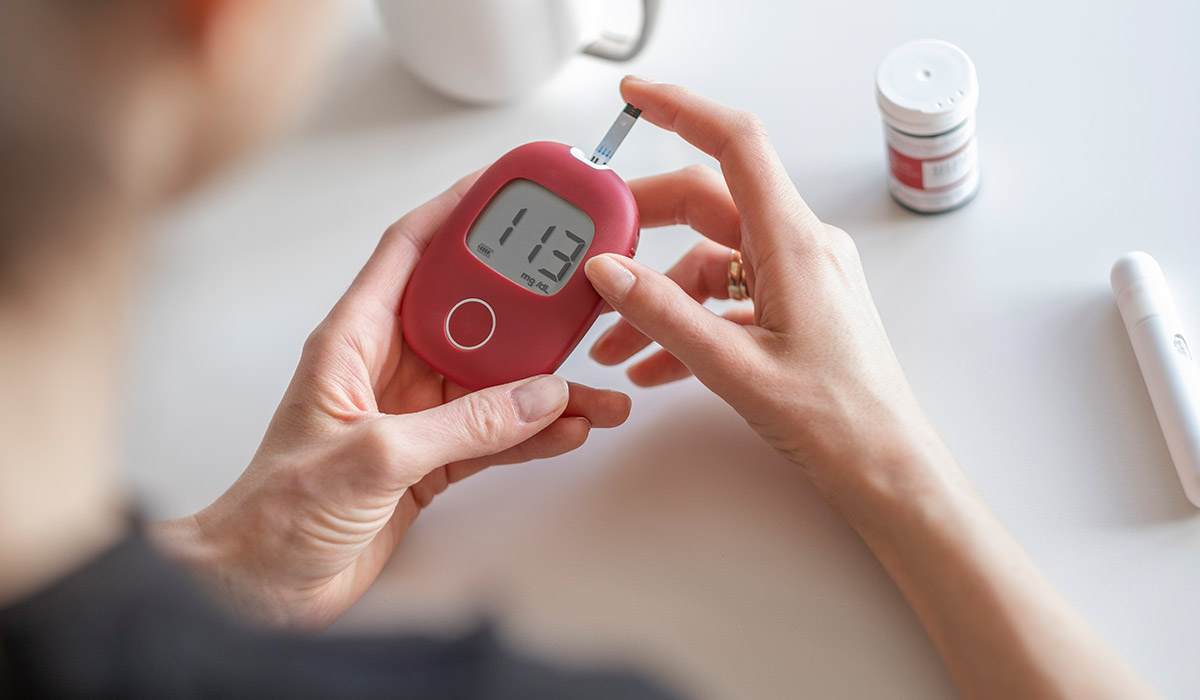Virtual clinical trials in times of covid-19 (and beyond)
By FISABIO

The pandemic has paved the way for the consolidation of decentralized health studies that facilitate home-based participation and allow researchers to use technology to interact with the volunteers.
In 2011 we could not have imagined that just a decade later coronavirus would change our lives. Neither did the pharmaceutical company Pfizer. But that year, the American firm conducted a trial in a new format whose implementation has propelled the COVID-19 a decade later.
The study was the first to allow volunteers to participate from home. They registered via the internet, sent the test drug to their home and filled out online questionnaires and diaries on their evolution. A form of remote investigation that, as has happened in other areas such as work or education, the pandemic has helped to consolidate.
In general, clinical trials conducted by hospitals, companies, universities, and research centers require participants to visit their facilities. Due to the high risk of contagion by SARS-CoV-2, these visits were not safe. For this reason, “the system had to be remodeled”, states Lina Pérez, Clinical trial coordinator for the Vaccine Research Department of the FISABIO Foundation, based in Valencia. Digitizing the process “avoids exposure to the virus in healthy people and ensures that those who must keep quarantine remain isolated,” adds the expert.
Remote monitoring during the pandemic
Decentralized trials can be very convenient in situations of limited mobility of citizens and in a context where interaction between people has to be reduced for public health reasons. The European Medicines Agency (EMA) published last year a series of guidelines for the development of drugs during pandemic situations and their remote monitoring.
Pérez informs that “given the need and urgency to research on prevention and treatments for COVID-19, many trials have incorporated remote procedures such as follow-up phone calls”. In addition, she highlights that “the Spanish Agency for Medicines and Health Products [AEMPS] authorized the monitoring of the data remotely, something that could not be done until that moment”.
Together with the researchers Vallivana Rodrigo and Jaime Fons, Lina Pérez participates in the European project Trials@Home. This initiative, which is joined by 32 institutions in Europe and the United Kingdom, aims to design and launch a pan-European pilot study to test the feasibility of decentralized trials and compare them with the traditional ones.
The project has decided to study the application of remote trials in diabetes studies due to its high incidence and because “patients have a certain autonomy with regards to the disease monitoring and treatment,” Rodrigo tells SINC. The study includes three modalities: one in the traditional way, one totally remote and one hybrid. All participants will receive the same drug, as the goal is to evaluate the methodologies, not the effects of the drug.
Volunteers will have to fill out an online questionnaire to see if they meet the inclusion criteria. If they turn out to be elegible, the researchers will explain the study procedure and how the visits will be made to them virtually, as part of the informed consent. For example, “a healthcare professional can go to the participant’s home to administer medication or draw blood,” explains Fons. Health status updates will be sent via an electronic device.
Remote clinical trials increase accessibility and reach and prevent distances or visiting schedules from being an impediment. In the case of rare diseases or others with a low incidence they could be especially useful, since “the potential participants have a great geographical dispersion”, says Rodrigo.
Patient-centered trials
“What we usually do is ask sick patients to go to the research centers and participate in the terms established by those responsible for the study,” says Ray Dorsay, director of the Center for Health and Technology at the University of Rochester and author of several studies on telemedicine and decentralized clinical trials.
The scientist claims that it should be the other way around: the trials should revolve around the preferences of the patients. For the patients it is easier to receive a video call at home than to have to travel from time to time to the company facilities, hospital, research center or university. For the latter, the method can lead to financial savings and a faster recruitment process.
The Trial of Parkinson’s And Zoledronic acid (TOPAZ) study aims to test the efficacy of zoledronic acid, used to treat osteoporosis, in preventing fractures in people with neurodegenerative Parkinson’s. Volunteers (over 65) will participate from home thanks to telemedicine. According to Dorsey, 300 of the 3,500 target participants have enrolled to date, which is already “a good sample size for a clinical trial on a drug.”
“Mobile phones, sensors and other devices are being used more and more,” says the American researcher. Technology makes it possible to monitor and track participants from a distance. And, foreseeably, new tools will be developed to collect more information. Even so, the surveillance cannot be as exhaustive as in the face-to-face visits. “Researchers are going to have to give up control, or at least they are going to have to get used to relying more on volunteers,” says Dorsey.
In addition, they will have to face the problem of the digital divide of the participants. Many people may not have a smart phone, a computer or other devices. As advantageous as they may be, decentralized trials are not always going to be a viable or adequate solution.
If the studies include surgical interventions or intravenous drug administration, for example, it would not be possible to use this modality. Or at least not in all phases of the study. However, it could be useful for one of its parts, such as volunteer recruitment or long-term follow-up, which in many cases lasts several years.
Regulatory and technological barriers
“Above all, we are encountering regulatory barriers,” admit the FISABIO researchers. Although the majority of investigations already carry out some of their phases over the telephone or internet, “the legislation is not yet prepared and does not contemplate fully decentralized trials”. In addition, the laws vary between countries of the European Union and, for instance, they still do not know how Brexit will affect the Trials@Home project.
One of the main obstacles they have encountered is the electronic signature of the informed consent, required by the General Data Protection Regulation and the European and national standards that regulate clinical trials with drugs. “The participant has to sign the paper consent document to be part of a trial”, they explain.
FISABIO researchers also mention the digital divide in the healthcare system. The pandemic has highlighted the importance of telemedicine, but also the shortcomings in this area. Although the use of technology is widespread, “some health centres and hospitals are not prepared to implement a fully decentralized system, both due to lack of infrastructure and personnel and because of their training,” say the experts.
Clarifications to the interview
This article focuses on one of the legs of the Trials@Home project, its pilot clinical trial, whereas the scope of this initiative is wider. Trials@Home aims at reshaping clinical trial design, conduct and operations, by analysing, developing and piloting standards, recommendations and tools to define and operationalize RDCT. For instance, the main objective of one of the projects work packages is to assess and innovate the regulatory, ethical, Good Clinical Practice (GCP) and legal aspects of the current EU environment relevant to RDCTs.
The results of these assessments and the pilot study will drive the formulation and dissemination of recommendations and tools for the implementation of RDCTs in Europe with the ultimate goal to improve the speed, quality and efficiency of clinical trials, and improving patients’ access to innovative treatment strategies.
Original source: https://www.agenciasinc.es/Reportajes/Ensayos-clinicos-virtuales-en-tiempos-de-covid-19-y-mas-alla



This project has received funding from the Innovative Medicines Initiative 2 Joint Undertaking under grant agreement No 831458. This Joint Undertaking receives support from the European Union’s Horizon 2020 research and innovation programme and EFPIA.
Notes for editors – not for publication
If you would like more information, please contact the spokesperson at the UMC Utrecht.
Joris Prinssen: +31 6 2571 0234
press@umcutrecht.nl
